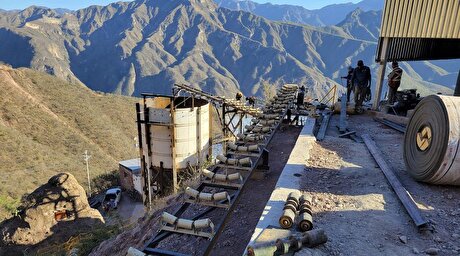
Premium iron ore lump demand takes a hit in China
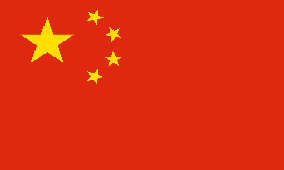
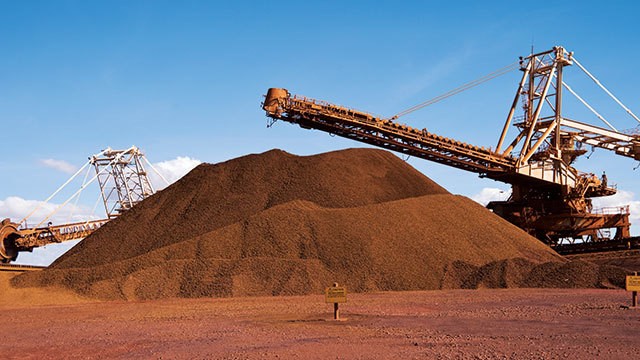
The Argus 62pc lump assessment was at a 38.10¢/dmt unit (dmtu) premium to the Argus ICX 62pc fines index on 22 January, the second-widest premium since Argus started lump assessments in 2014. The lump premium has since fallen by over 12pc to 33.4¢/dmtu on 22 February.
Paper markets have been active for lump this week with traders expecting a further downside to lump premiums. Volume picked up with trading firms selling March and April lump premium futures on the SGX exchange. The bid-offer spread widened today for the March lump premium swap on SGX with an offer at a 34¢/dmtu premium to the 62pc index and a bid at 32¢/dmtu. A deal was done earlier this week at 34¢/dmtu on the exchange, said a Singapore-based iron ore broker. April was priced at 31.5¢/dmtu, May at 29.75¢/dmtu and June at 27¢/dmtu.
A build-up of around 700,000t of Newman blend lump stocks in Tangshan pressured prices in portside markets. Buyers are more interested in buying lower priced lump cargoes such as Roy Hill lump and Fortescue lump as low-profit margins have made mills focus more on saving costs at the cost of sacrificing some productivity.
Lump demand typically peaks in winter and then slides as warmer weather leads to more domestic pellet feed concentrate entering the market as iron ore mines reopen from the winter shutdowns. Sintering restrictions to control emissions are also less strict as the weather warms, as fuel burning for winter heating slows reducing smog in cities, which allows mills to use more fines in the furnace burden.
But Brazilian mining firm Vale's tailings dam accident on 25 January has made a dent in iron ore supplies, including pellet, which could support direct-charge material prices over the next few months. Some mainstream Australian lump cargoes could be diverted away from China in the short term that will support prices.
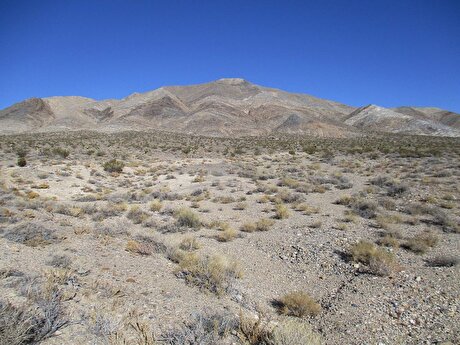
Locksley Resources forms US alliances to establish domestic antimony supply chain
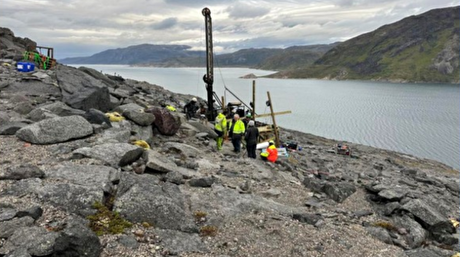
Critical Metals, Ucore ink 10-year offtake deal to supply rare earths to US plant
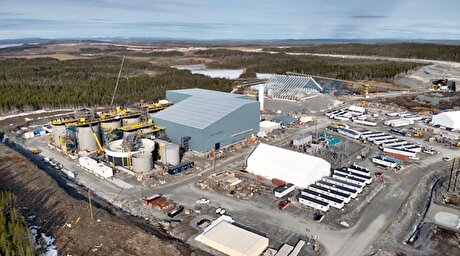
Equinox Gold kicks off ore processing at Valentine mine

India considers easing restrictions on gold in pension funds

















